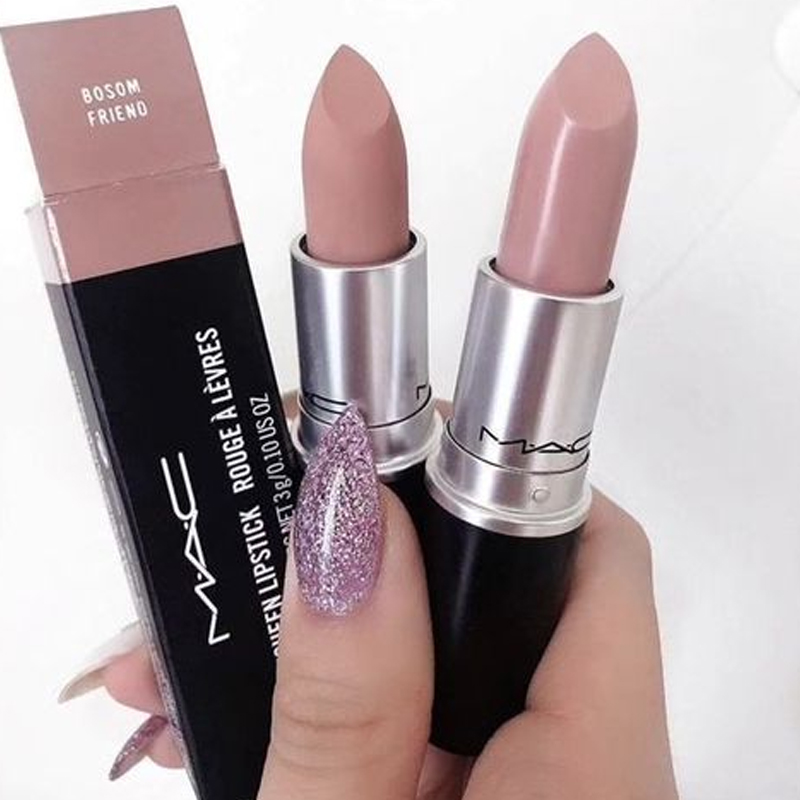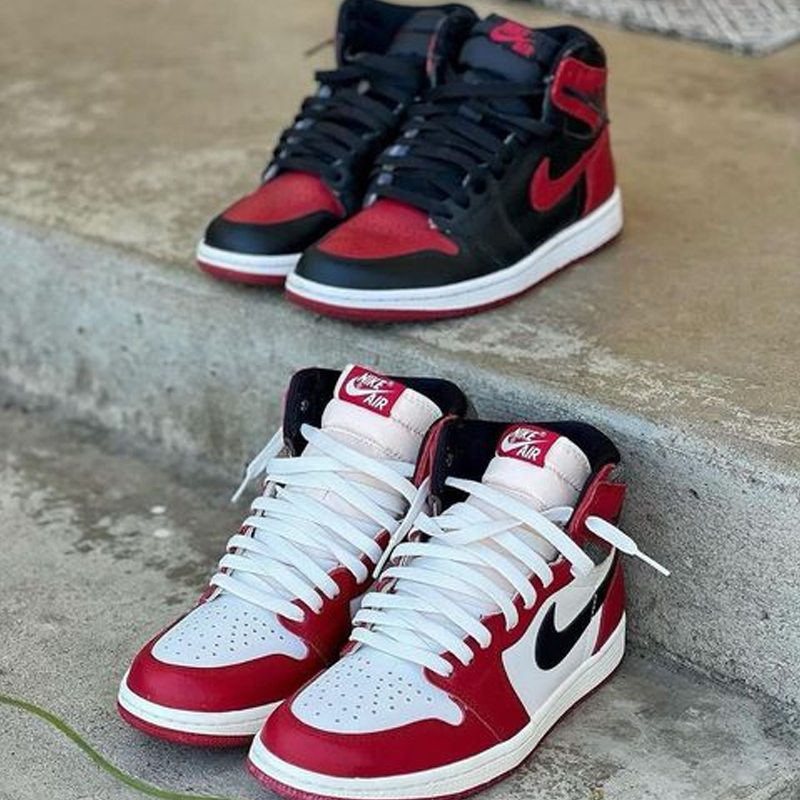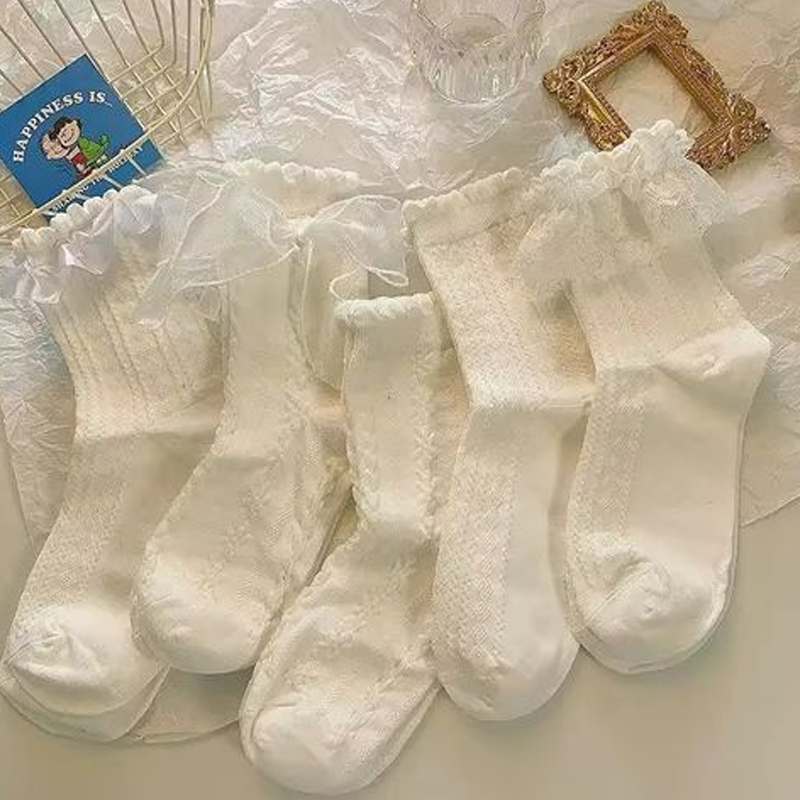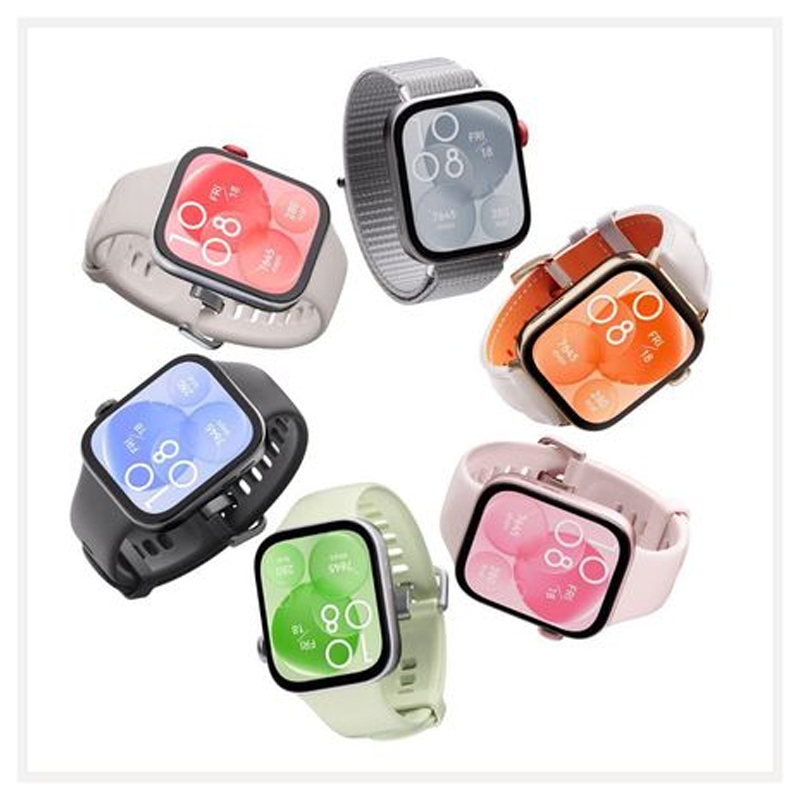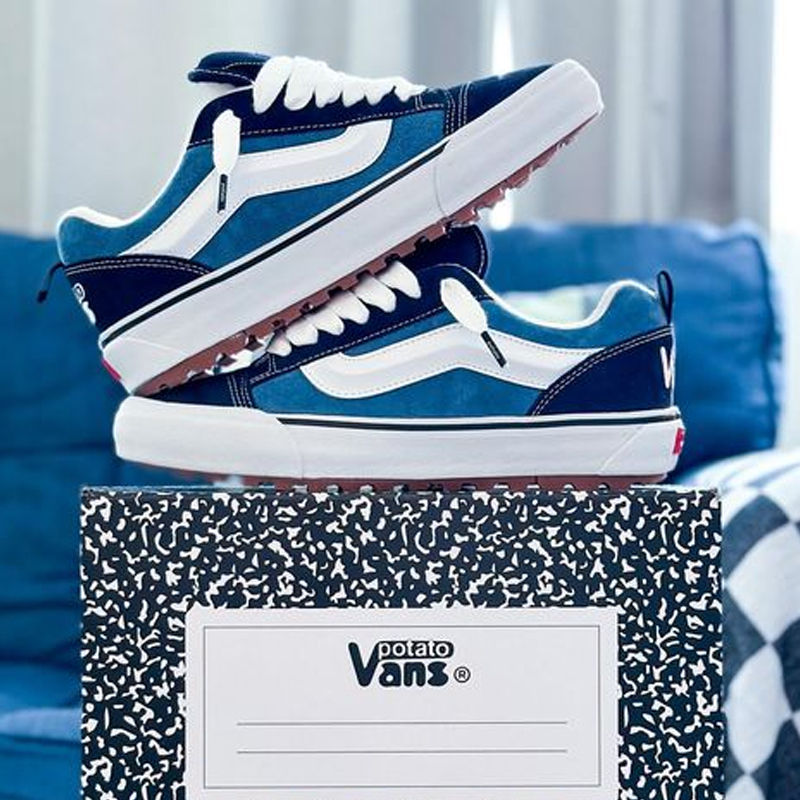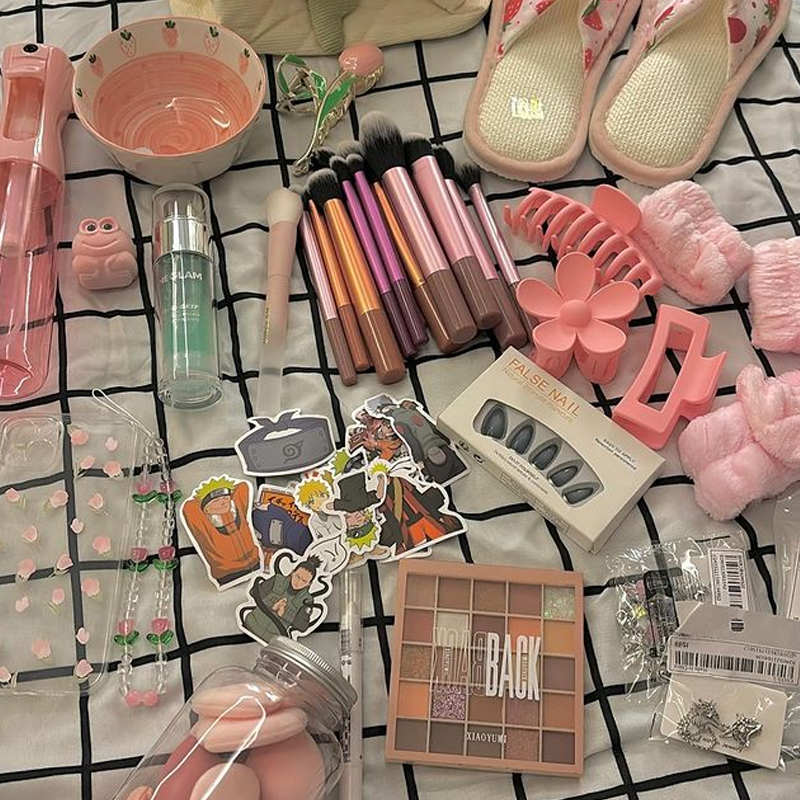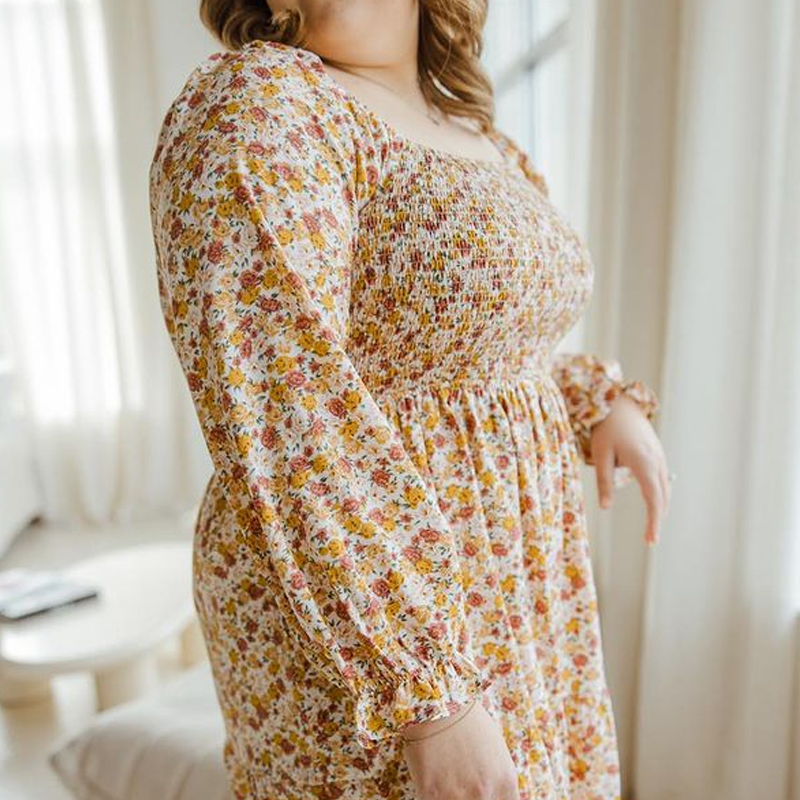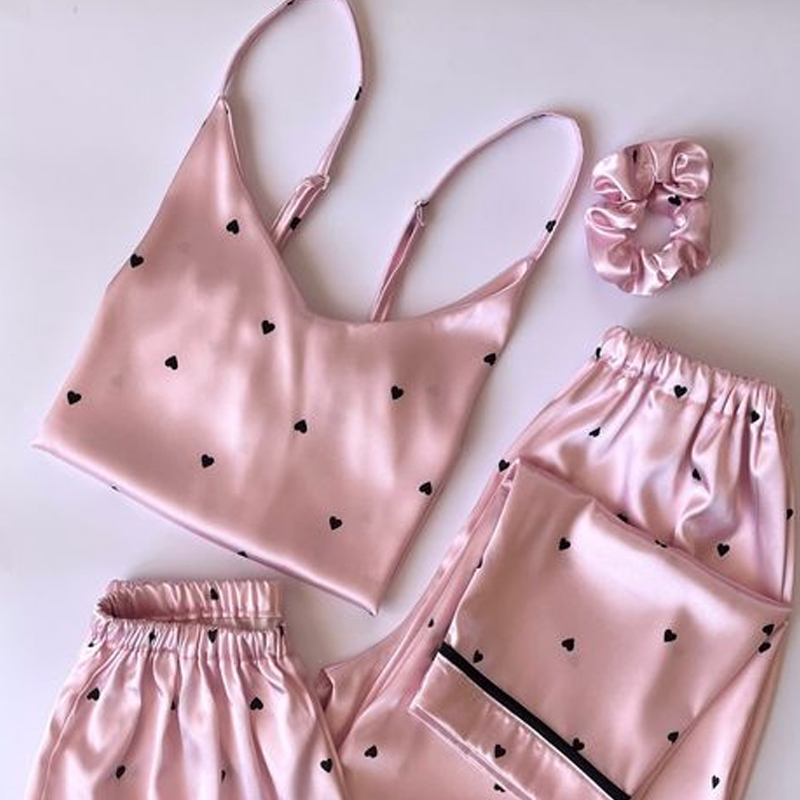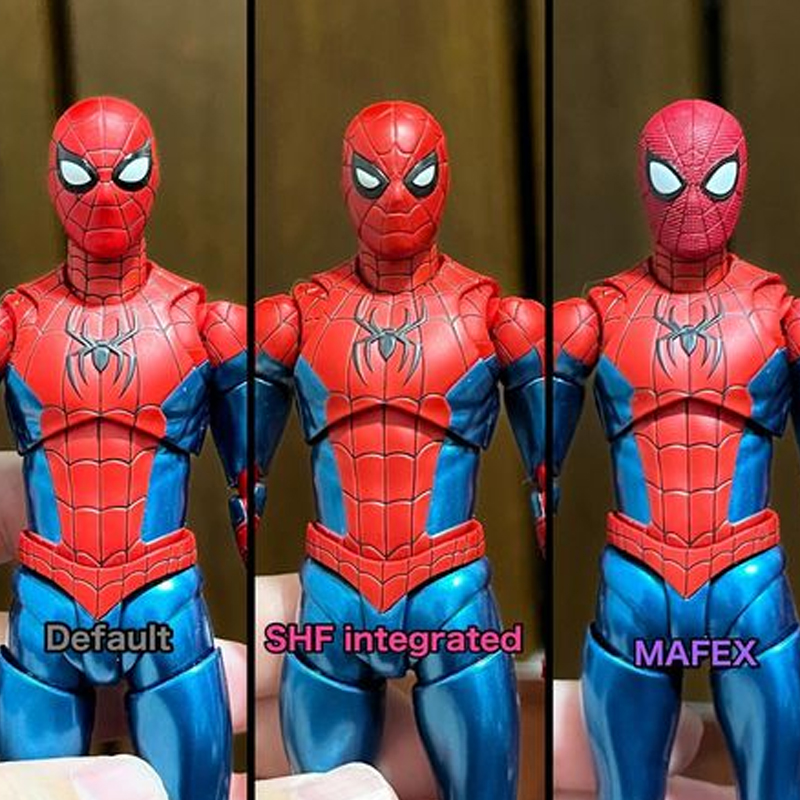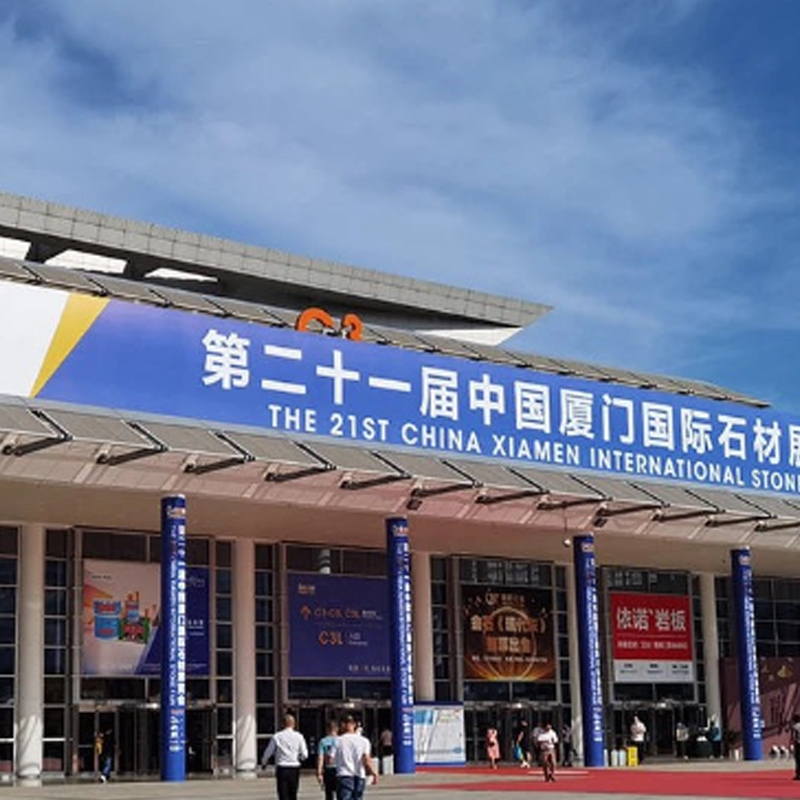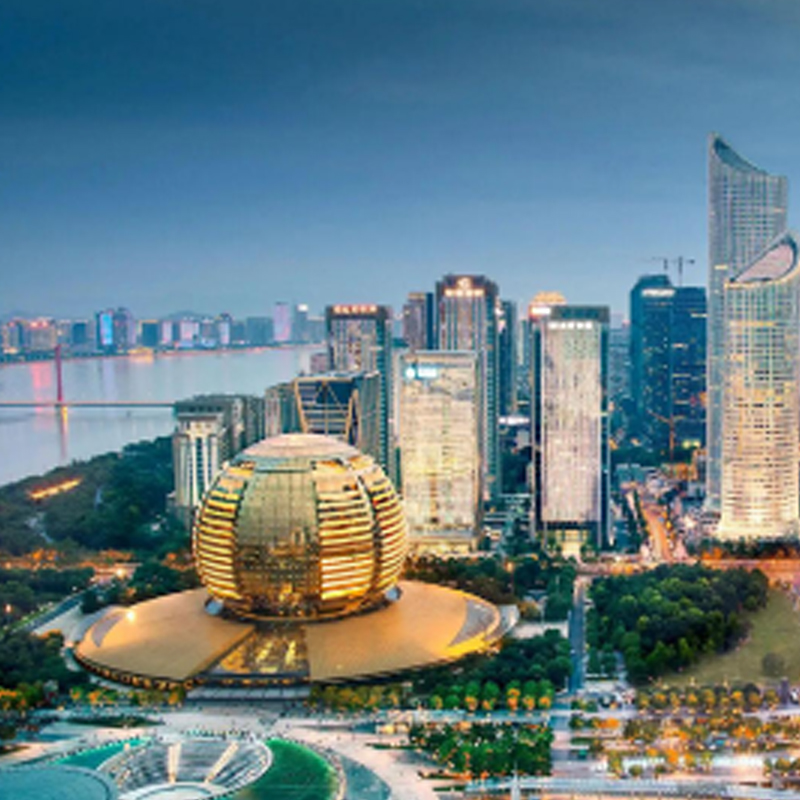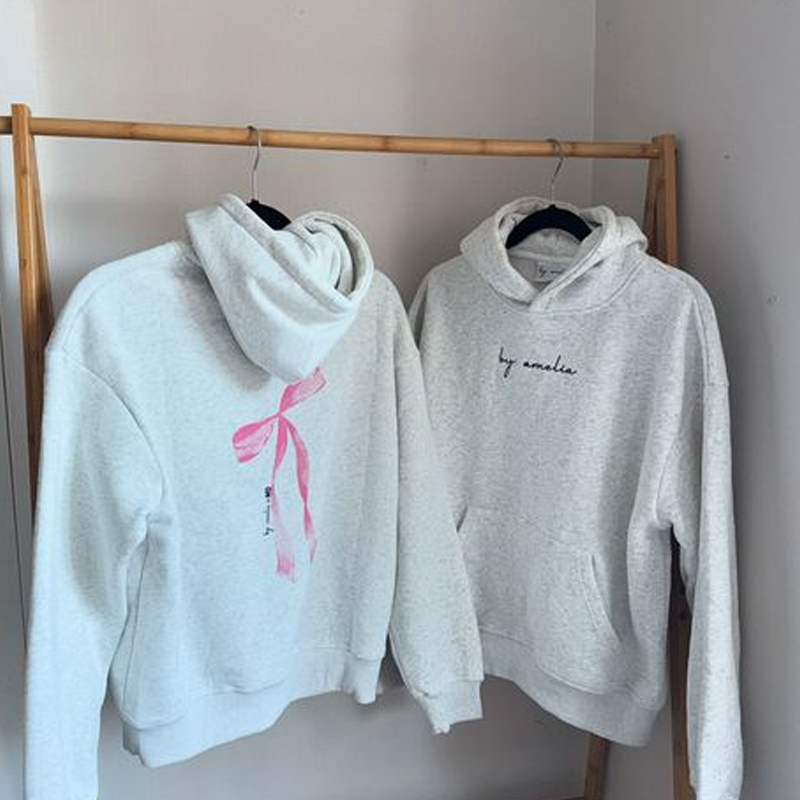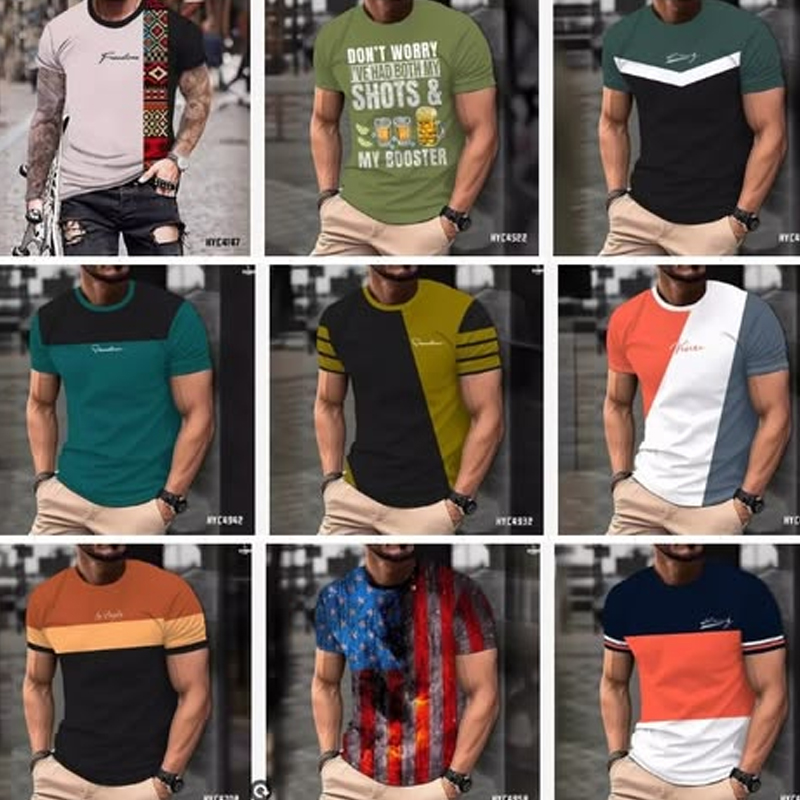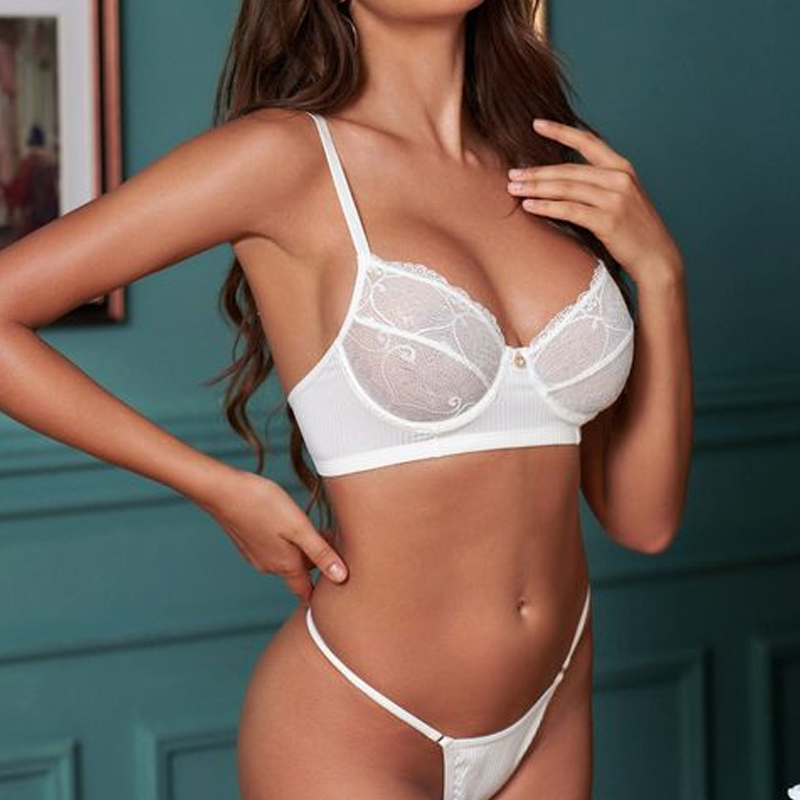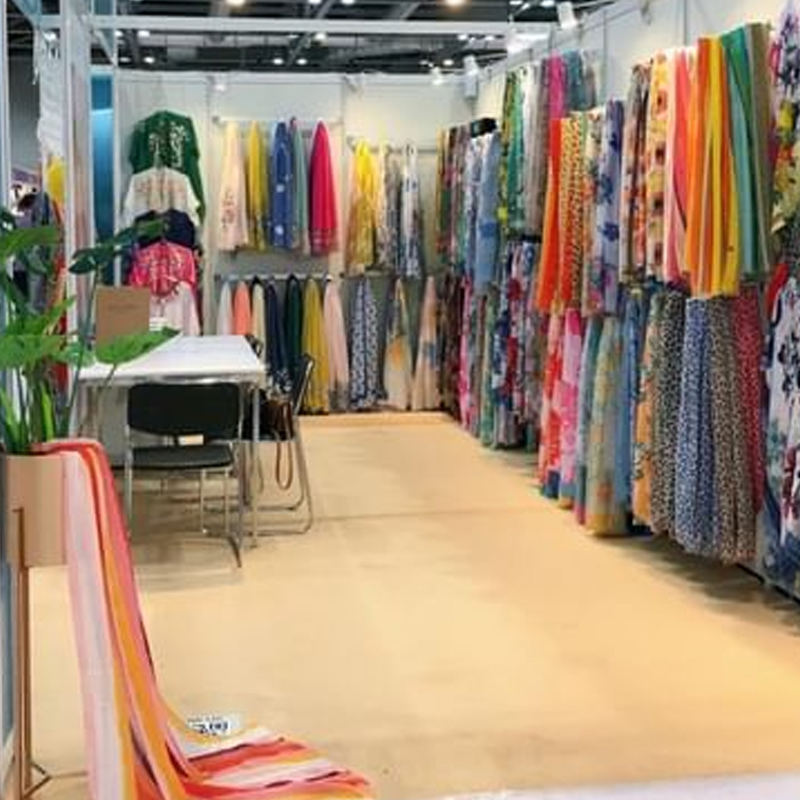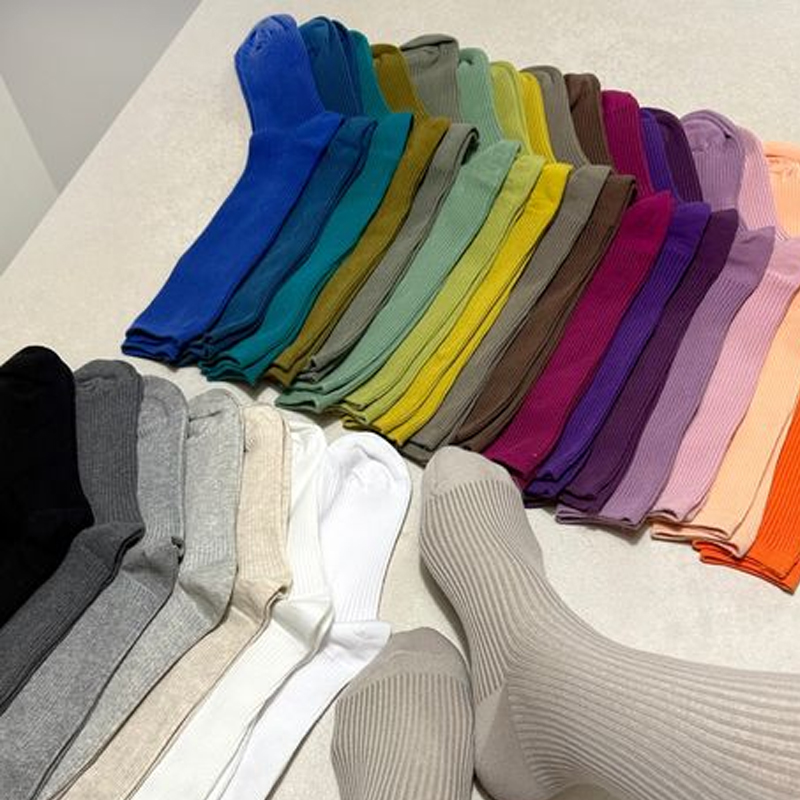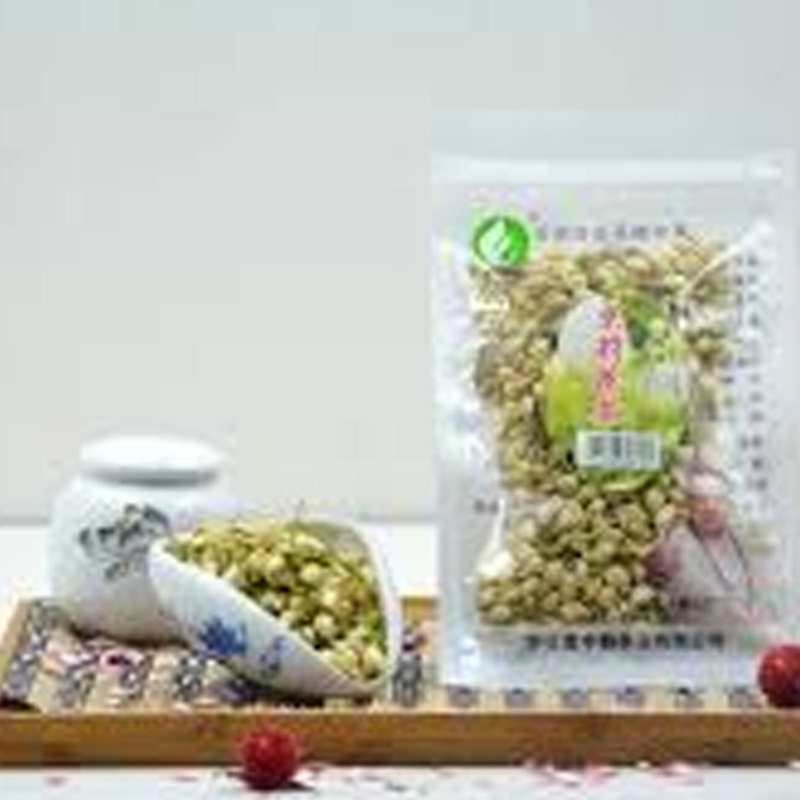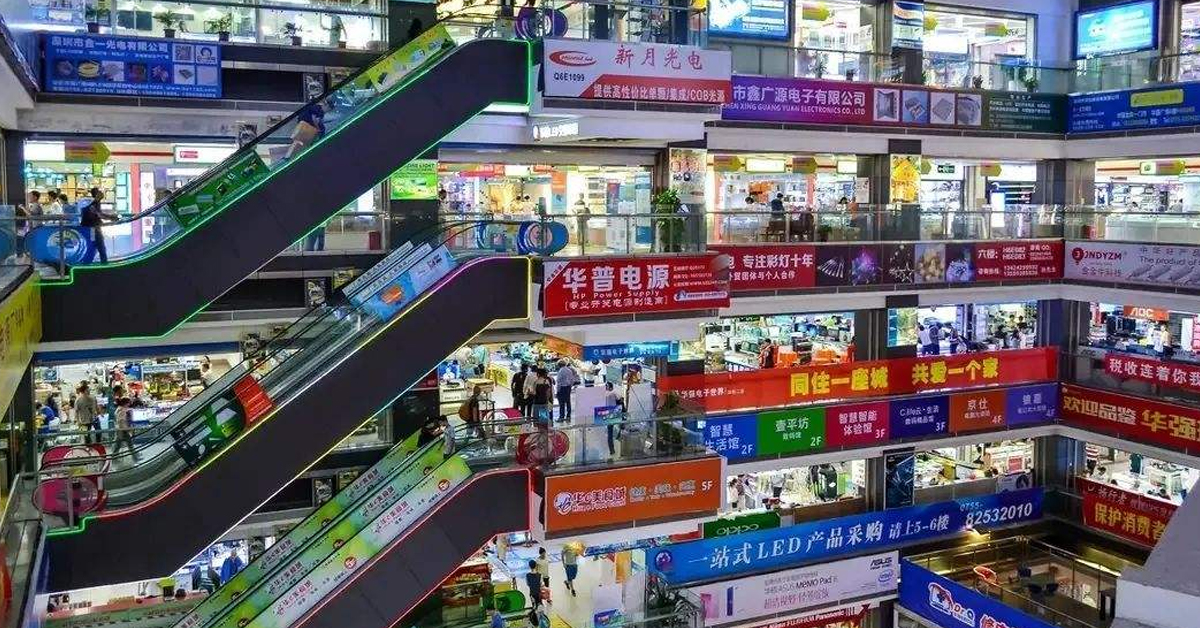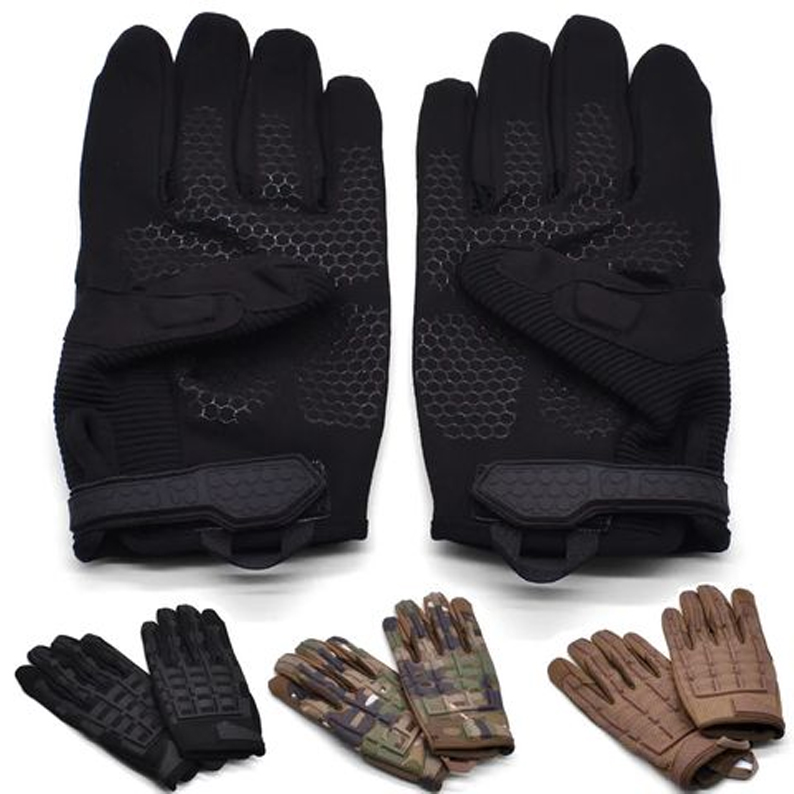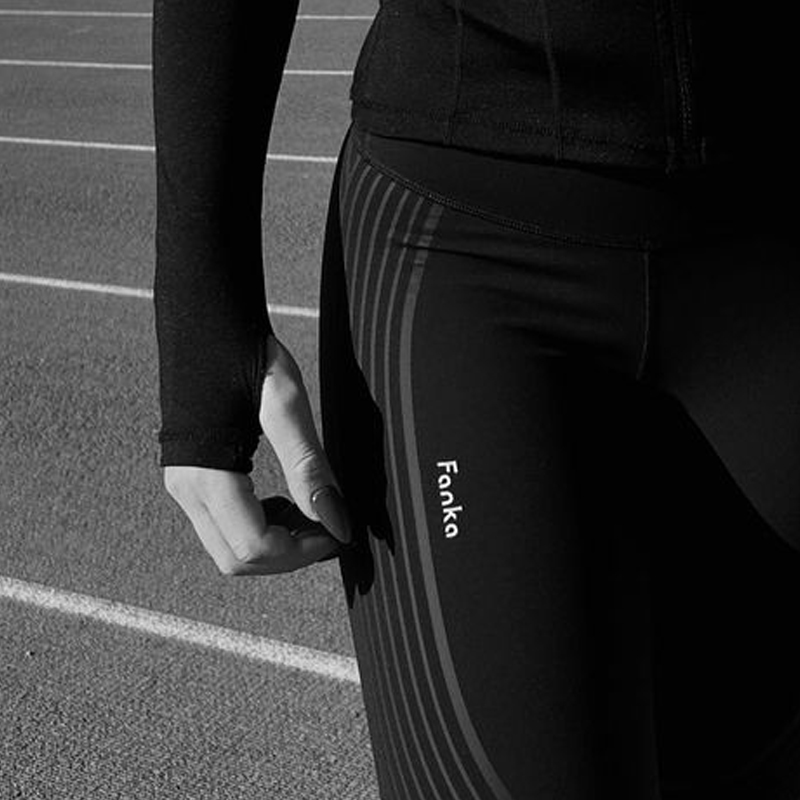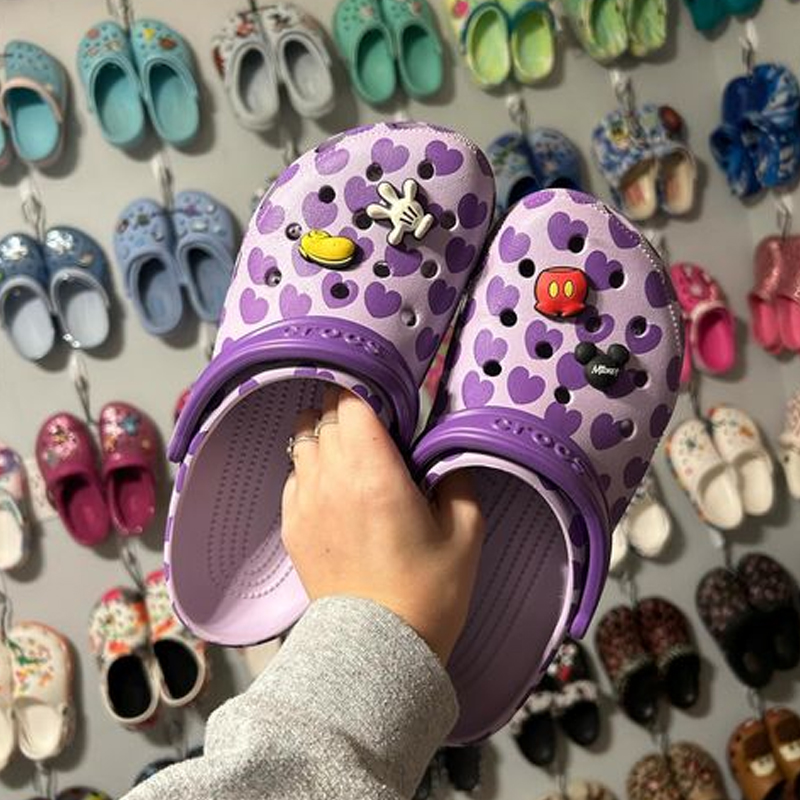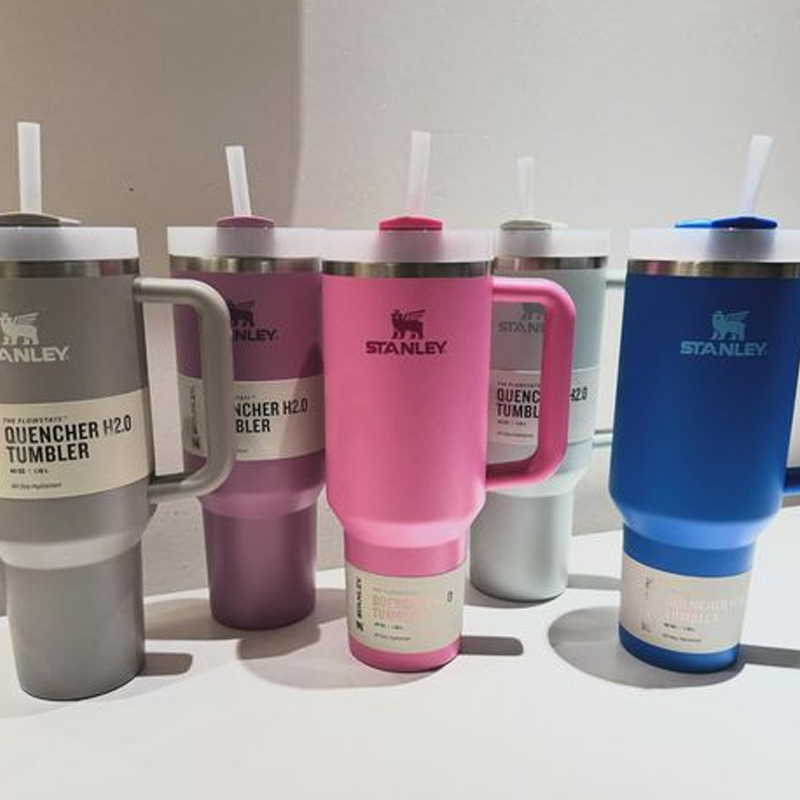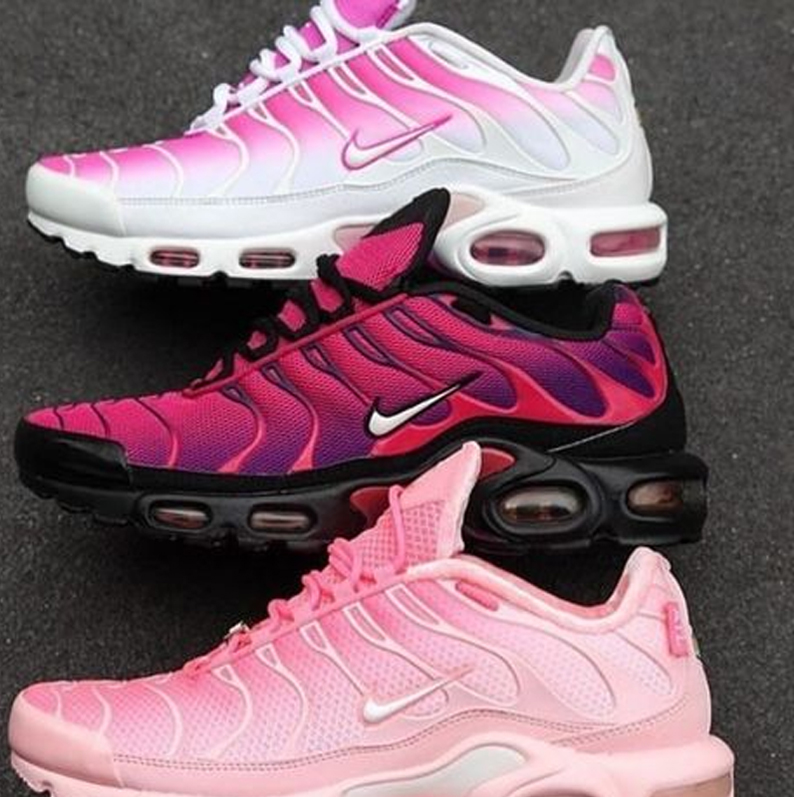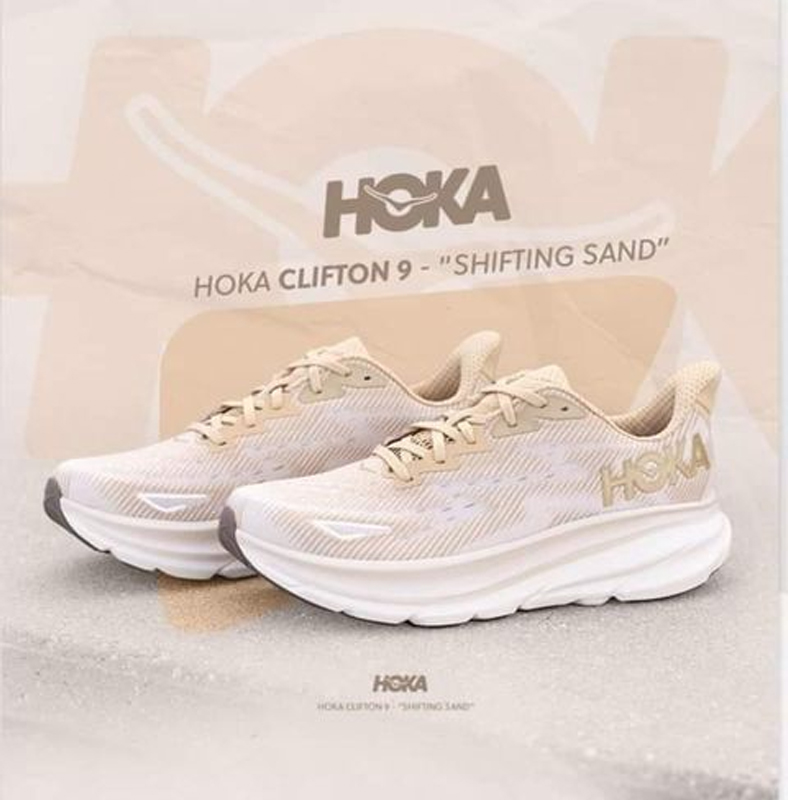Embark on a journey through the heart of China’s porcelain industry! This comprehensive guide to the Jingdezhen Porcelain Market will unlock the secrets of porcelain wholesale, reveal diverse ceramic varieties, and navigate you through bustling market districts. Whether you’re a seasoned buyer or a curious enthusiast, this article is your essential roadmap to understanding bulk pricing, quality grades, and the intricate artisan network that makes Jingdezhen the undisputed Porcelain Capital of the world.
Key Takeaways: Your Porcelain Wholesale Adventure
- Discover the rich history and cultural significance of Jingdezhen porcelain
- Learn about different ceramic varieties and quality grades available
- Understand the market layout and how to navigate various districts
- Get tips on bulk pricing and negotiation strategies
- Explore customization options and how to work with local artisans
- Learn about export services and shipping procedures
- Understand the importance of quality inspection and authenticity verification
Jingdezhen Porcelain Market: A Buyer’s Paradise (Intro Paragraphs)
Nestled in the northeastern corner of Jiangxi province, Jingdezhen has been the beating heart of China’s porcelain industry for over 1,800 years. Its name has become synonymous with the finest quality ceramics, attracting buyers, collectors, and art enthusiasts from around the globe. The Jingdezhen Porcelain Market is not just a shopping destination; it’s a living museum of ceramic art and craftsmanship.
As you step into the market, you’re immediately enveloped by a world of white and blue – the classic colors of traditional Chinese porcelain. But don’t be fooled; this is just the beginning. The market is a kaleidoscope of colors, shapes, and styles, showcasing everything from delicate tea sets to massive decorative vases. It’s a place where ancient techniques meet modern designs, and where every piece tells a story.
For wholesale buyers, the Jingdezhen Porcelain Market is an unparalleled resource. With its vast array of ceramic varieties, competitive bulk pricing, and direct access to skilled artisans, it offers opportunities that are hard to find elsewhere. But navigating this bustling marketplace can be overwhelming. That’s why we’ve created this comprehensive guide to help you make the most of your visit and secure the best deals on top-quality porcelain.
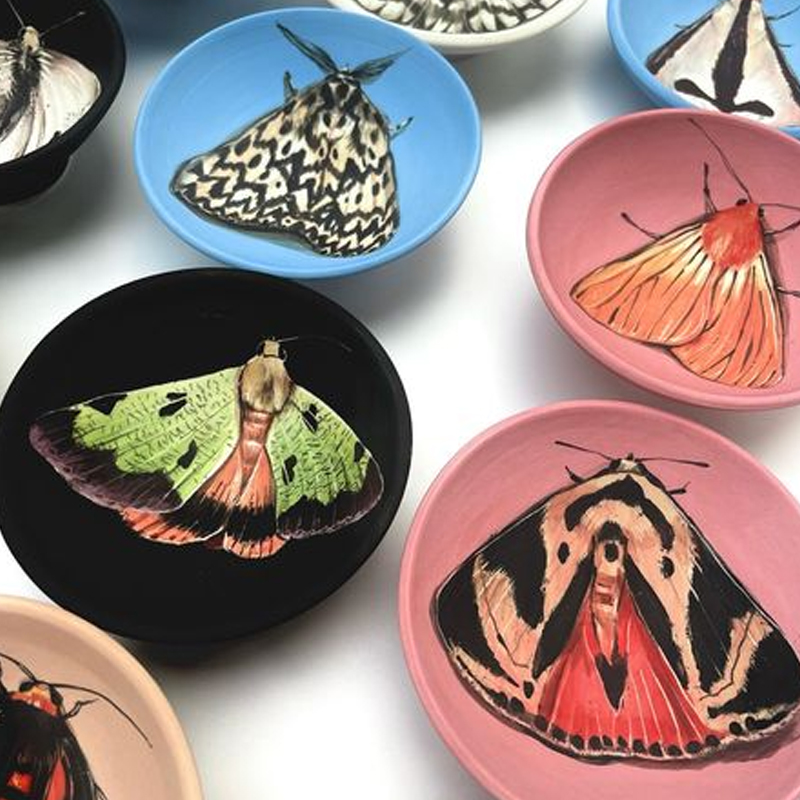
What Makes Jingdezhen the World’s Porcelain Capital?
Jingdezhen’s reign as the Porcelain Capital isn’t just a title; it’s a legacy carved in clay and fired in the kilns of history. For centuries, this city has been at the forefront of ceramic innovation, perfecting traditional techniques that continue to influence modern artistry. The secret lies in a perfect storm of geographical advantages and cultural dedication.
The area around Jingdezhen is rich in kaolin, a type of clay essential for creating high-quality porcelain. This natural resource, combined with abundant forests for fuel and rivers for transportation, made Jingdezhen the ideal location for porcelain production. But it’s not just about raw materials – it’s about the people. Generations of artisans have passed down their skills, preserving techniques that date back to the Tang Dynasty.
Today, Jingdezhen remains a hub of ceramic innovation, blending time-honored methods with contemporary designs. The cultural significance of Jingdezhen porcelain extends far beyond China’s borders, with pieces finding homes in museums and private collections worldwide. For buyers, understanding this rich heritage is key to appreciating the value and quality of the products available in the market.
How is the Jingdezhen Porcelain Market Structured?
Navigating the Jingdezhen Porcelain Market can be an adventure in itself. The market is not a single location but a series of interconnected districts, each with its own specialties and atmosphere. Understanding the market layout is crucial for efficient shopping and finding the best deals.
The main areas you’ll want to explore include:
- Pottery Workshop Area: Here, you can watch artisans at work and purchase directly from the creators.
- Wholesale Market: This is where you’ll find the best bulk pricing on a wide range of ceramic varieties.
- Antique Market: For collectors interested in historical pieces and reproductions of classic designs.
- Contemporary Art District: Showcasing innovative designs and modern interpretations of traditional techniques.
Each district has its own charm and specialties, so it’s worth spending time exploring them all. Don’t forget to take note of transportation tips – while some areas are walkable, others might require local transport. Remember, the market etiquette can vary slightly between districts, so stay observant and respectful as you move from one area to another.
What Ceramic Varieties Can You Find in Jingdezhen?
The diversity of ceramic varieties in Jingdezhen is truly staggering. From the iconic blue and white porcelain to vibrant famille rose designs, the market offers an extensive range of styles, colors, and forms. Here’s a quick overview of some popular categories:
| Ceramic Type | Characteristics | Common Uses |
|---|---|---|
| Blue and White Porcelain | Cobalt blue designs on white background | Vases, plates, tea sets |
| Celadon | Pale green glaze with a smooth texture | Decorative pieces, tableware |
| Famille Rose | Colorful enamels with pink as a dominant color | Ornamental vases, decorative plates |
| Eggshell Porcelain | Extremely thin and translucent | Delicate cups, artistic pieces |
When exploring these varieties, pay attention to the quality grades available. High-grade porcelain will have a smooth, even glaze, clear designs, and a resonant ring when tapped. Lower grades might have slight imperfections but can still be suitable for certain applications.
Don’t hesitate to ask for demonstrations of authenticity verification techniques. Many sellers are happy to show you how to distinguish genuine porcelain from imitations. This knowledge will be invaluable as you make your selections.
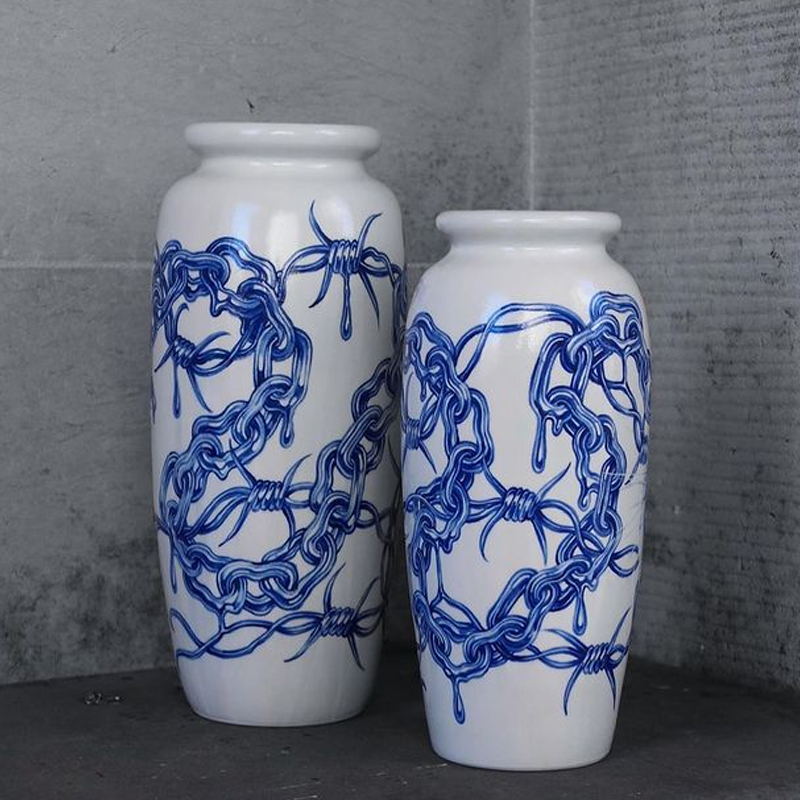
How Does Bulk Pricing Work in Jingdezhen?
One of the main advantages of shopping at the Jingdezhen Porcelain Market is the opportunity for significant savings through bulk pricing. However, understanding how this system works is crucial for getting the best deals.
Typically, prices decrease as the quantity increases. Here’s a general guideline:
- Small quantities (1-10 pieces): Standard retail price
- Medium quantities (11-50 pieces): 10-20% discount
- Large quantities (51-100 pieces): 20-30% discount
- Bulk orders (100+ pieces): 30-50% discount or more
Remember, these are just general guidelines. Actual discounts can vary based on the seller, the specific items, and your bargaining skills. It’s also worth noting that some high-end or unique pieces may not be subject to the same bulk pricing structure.
When considering bulk purchases, always inquire about minimum quantities and sample ordering options. Many sellers will allow you to order a small batch as a sample before committing to a larger order. This is particularly useful for verifying quality and suitability for your needs.
What Bargaining Strategies Work Best in Jingdezhen?
Bargaining is an integral part of the shopping experience in Jingdezhen, and mastering this art can lead to significant savings. However, it’s important to approach negotiation with respect and cultural understanding. Here are some effective strategies:
- Do Your Research: Know the average prices for the items you’re interested in. This gives you a strong starting point for negotiations.
- Start Low, But Be Reasonable: Begin with an offer around 30-40% of the asking price, but be prepared to increase it.
- Use the Bundle Technique: Express interest in multiple items and ask for a package deal.
- Be Prepared to Walk Away: If the price isn’t right, politely decline. Often, the seller will call you back with a better offer.
- Leverage Bulk Purchases: If you’re buying in large quantities, use this as a bargaining chip for better prices.
Remember, bargaining is expected, but it should be done with a smile and good humor. Building a rapport with the seller can often lead to better deals and possibly future discounts. If language barriers are an issue, don’t hesitate to use translation apps or seek assistance from local guides.
“In Jingdezhen, a good deal is not just about the price, but about the relationship you build with the artisan or seller.” – Local Porcelain Expert
How Can You Ensure Quality When Buying in Bulk?
When making large purchases, quality inspection becomes paramount. The last thing you want is to return home with a container full of subpar products. Here are some tips to ensure you’re getting the best quality:
- Visual Inspection: Check each piece for consistent coloring, smooth glazes, and precise patterns.
- Physical Tests: Gently tap the porcelain – high-quality pieces should produce a clear, resonant sound.
- Light Test: Hold thin porcelain up to the light; fine pieces should be somewhat translucent.
- Authenticity Verification: Look for maker’s marks and ask about the production process.
- Sample Testing: For large orders, consider having a small batch tested for durability and safety standards.
Don’t rush this process. Take your time to thoroughly examine the goods, especially when dealing with bulk orders. Many sellers understand the importance of quality assurance and will be patient during your inspection.
If you’re not confident in your ability to assess quality, consider hiring a local expert or using professional inspection services. The small cost of these services can save you from potentially costly mistakes in the long run.
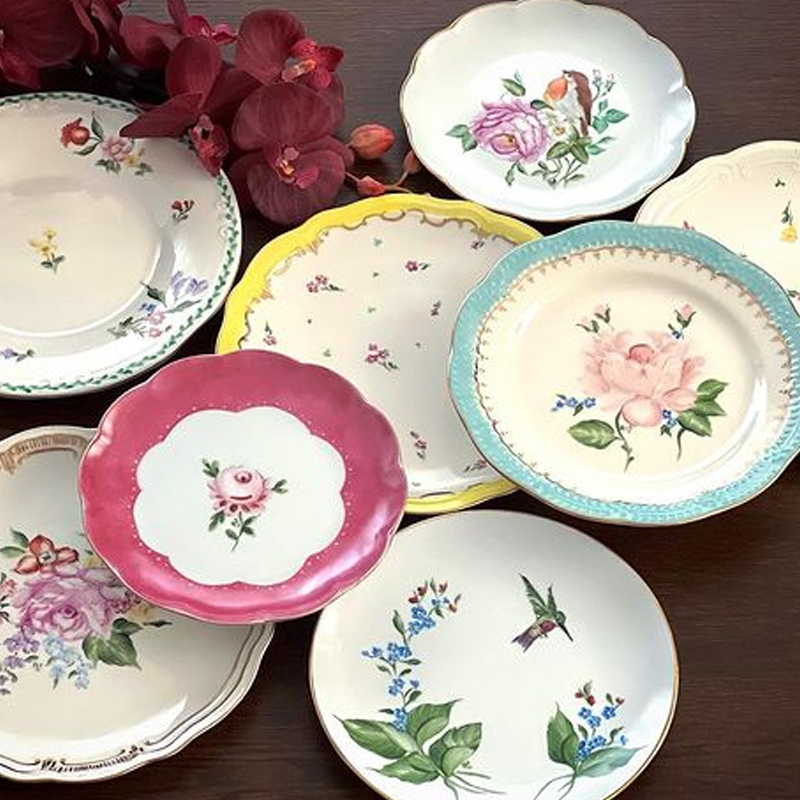
What Customization Options Are Available for Wholesale Buyers?
One of the unique advantages of buying from Jingdezhen is the ability to customize your orders. The city’s vast artisan network allows for a wide range of customization options, from simple color changes to completely bespoke designs.
Common customization options include:
- Custom colors and glazes
- Personalized patterns and designs
- Logo or brand integration
- Unique shapes and sizes
- Special packaging or gift sets
When considering custom orders, keep in mind that these often come with higher minimum quantities and longer lead times. It’s crucial to clearly communicate your requirements and understand the production process. Many artisans are happy to work closely with buyers to create exactly what they need.
For those interested in more extensive customization, consider visiting some of the pottery workshops in the area. Here, you can see the entire process from clay to finished product and work directly with master craftsmen to bring your vision to life.
What Are the Latest Artistic Trends in Jingdezhen Porcelain?
While Jingdezhen is steeped in tradition, it’s also a hotbed of ceramic innovation. Staying abreast of the latest artistic trends can give wholesale buyers an edge in selecting products that will resonate with modern consumers.
Some current trends include:
- Minimalist Designs: Clean lines and simple patterns that appeal to contemporary aesthetics.
- Fusion Styles: Blending traditional Chinese motifs with Western design elements.
- Functional Art: Everyday items elevated to art pieces through innovative designs.
- Eco-friendly Production: Increased focus on sustainable materials and production methods.
- Interactive Ceramics: Pieces that change appearance based on use or environment.
To get a feel for these trends, visit some of the contemporary galleries and studios in Jingdezhen. Many young artists are pushing the boundaries of what’s possible with porcelain, creating pieces that are both beautiful and conversation-starting.
Remember, while trends are important, classic styles remain perennially popular. A well-curated selection might include both trendy pieces and timeless designs to appeal to a wide range of customers.
How Do Export Services and Shipping Procedures Work?
For international buyers, understanding the export process is crucial. Jingdezhen has a well-developed system for shipping porcelain worldwide, but navigating it can be complex. Here’s an overview of what you need to know:
- Export Licensing: Ensure your supplier has the necessary export licenses.
- Customs Documentation: Familiarize yourself with required paperwork, including certificates of origin and commercial invoices.
- Packaging: Proper packaging is crucial for fragile items. Most experienced sellers use specialized materials to ensure safe transit.
- Shipping Methods: Options range from air freight for smaller orders to sea freight for large bulk shipments.
- Insurance: Always insure your shipments, given the fragile nature of porcelain.
Many sellers in Jingdezhen work with export agencies that can handle the entire process for you. While this adds to the cost, it can significantly reduce headaches, especially for first-time buyers or those making large purchases.
When it comes to payment methods, be prepared for a range of options. While some larger operations accept international credit cards or wire transfers, many smaller sellers still prefer cash transactions. Always clarify payment terms before finalizing any deals.

